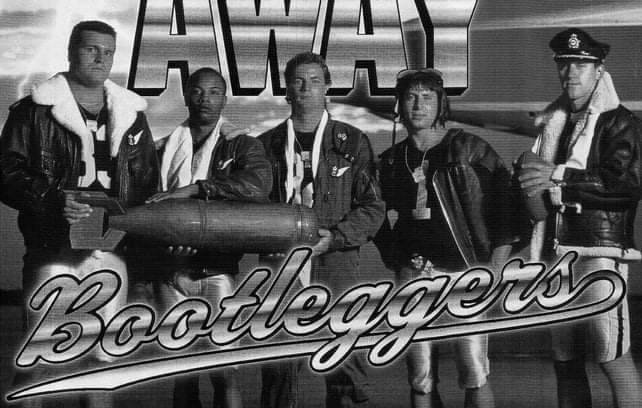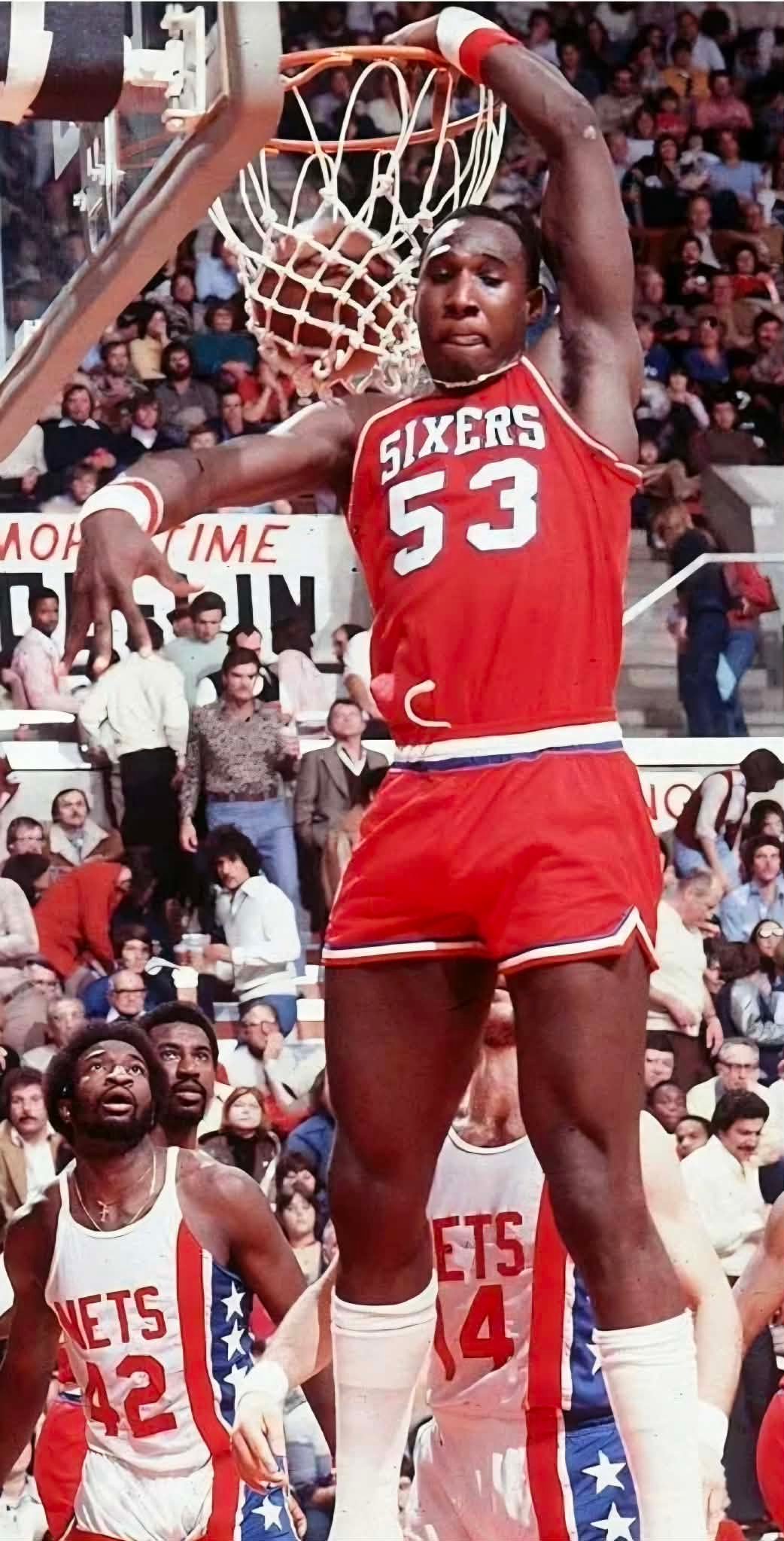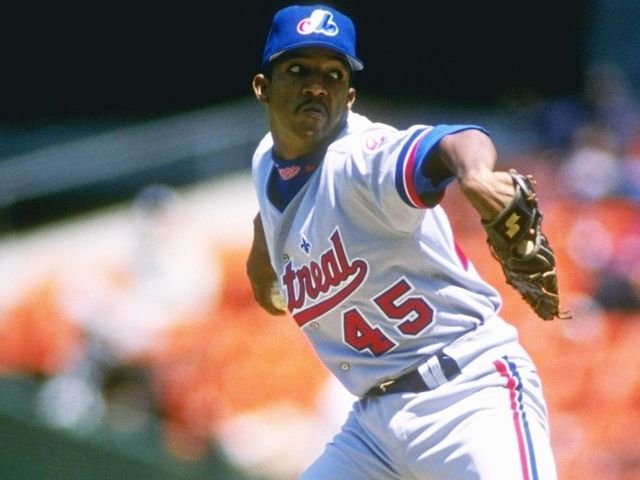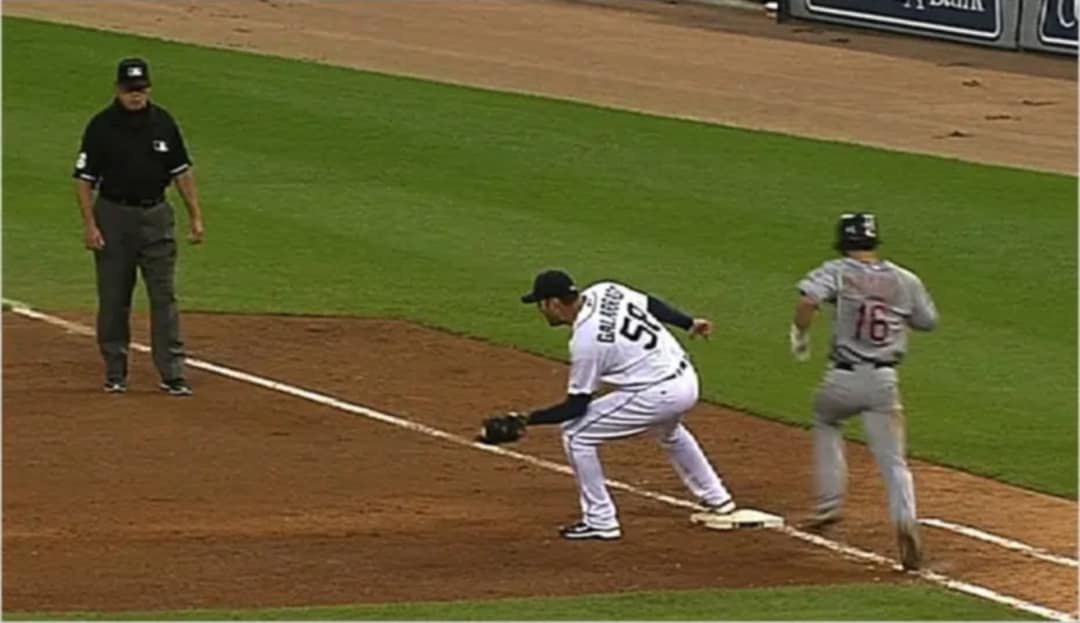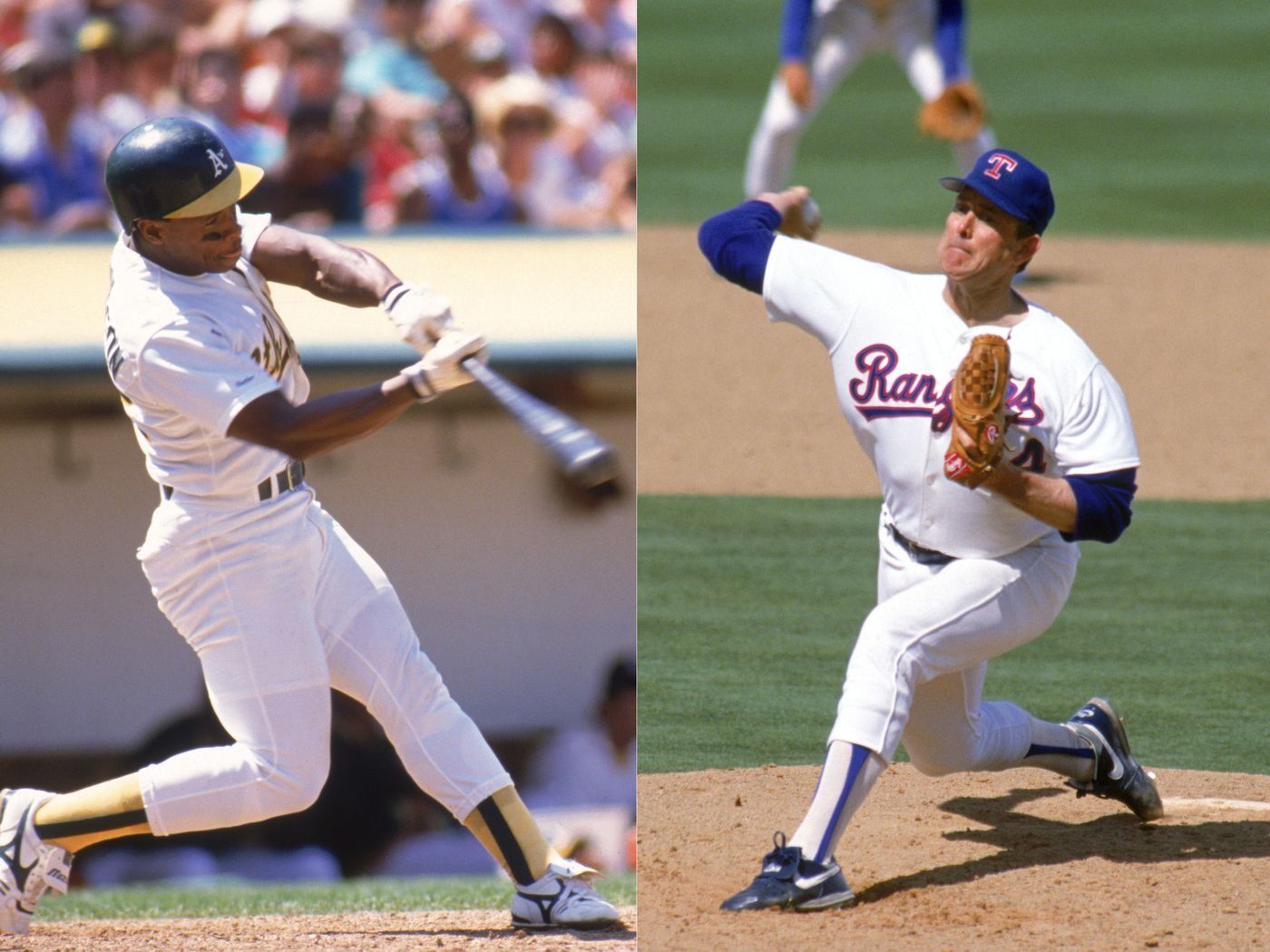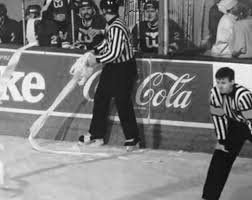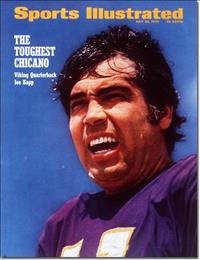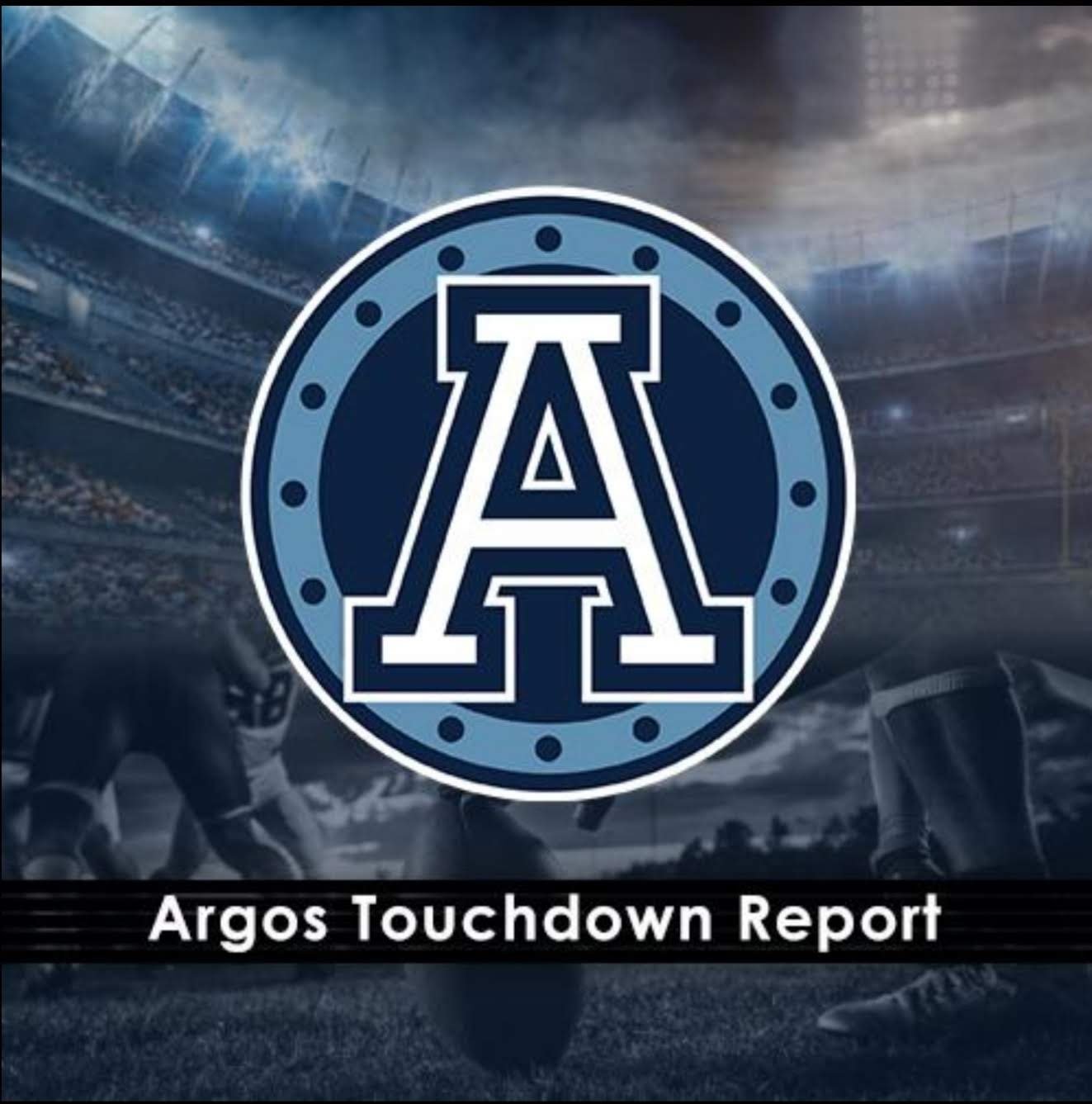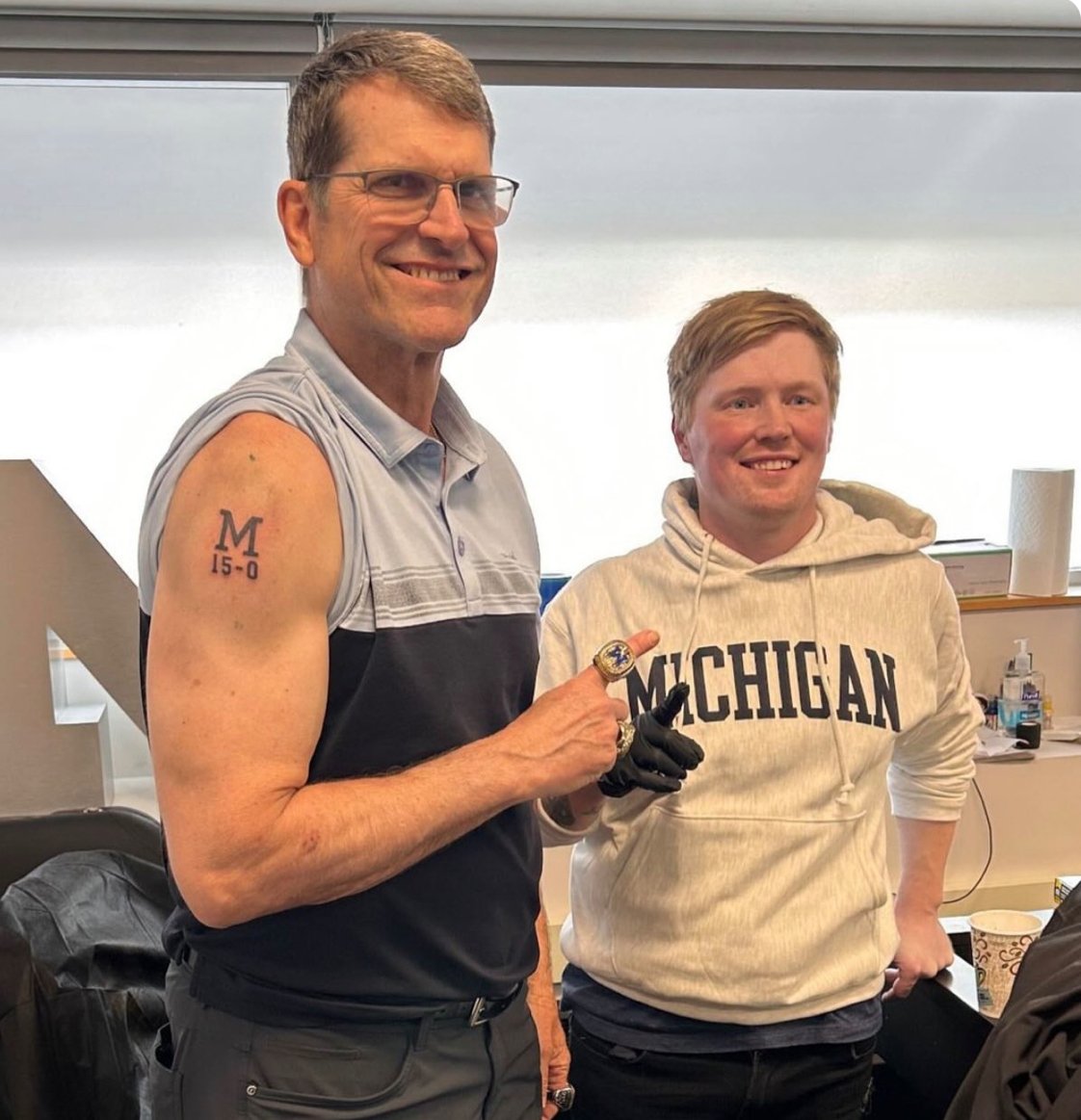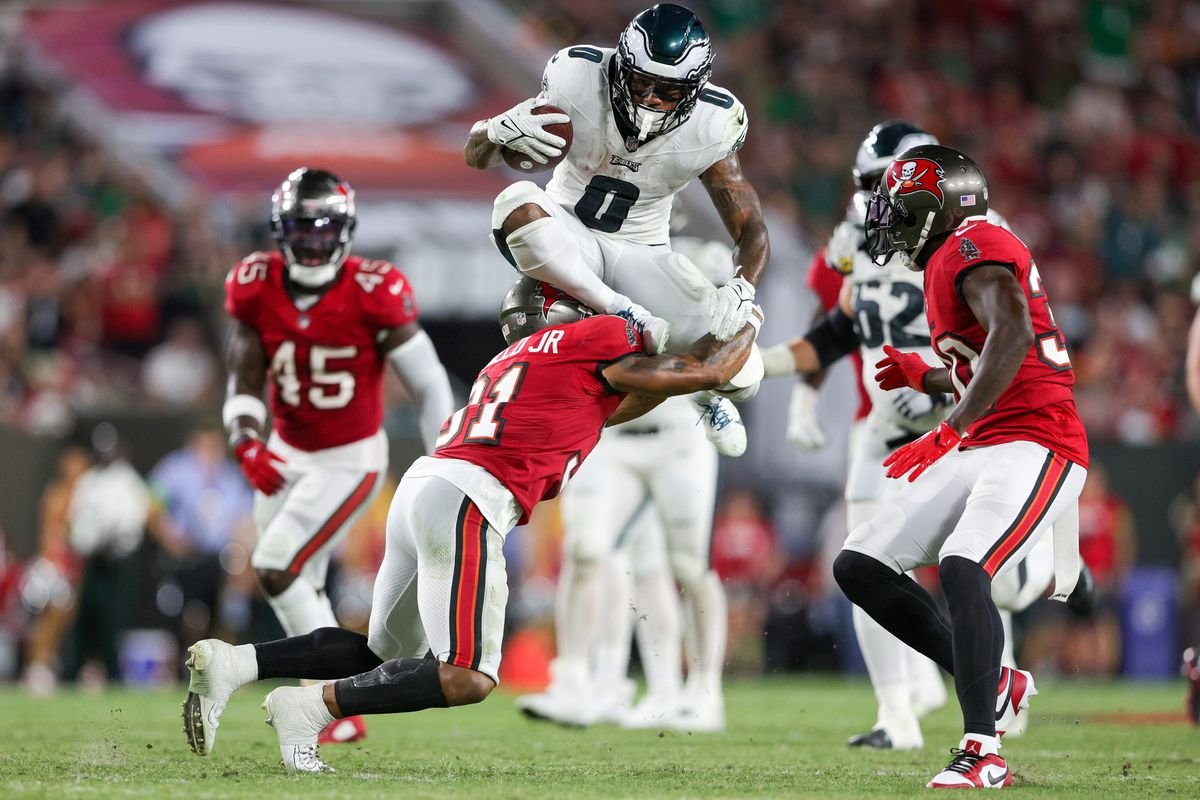As the 1989 season was winding down, and as the offseason began, there came a realization that the Bootleggers as a team and as an organization were becoming too big for one or two people to operate alone. The team had moved Jeff Morris out and moved Alex Saunders up to the position of general manager. After the season, Mike White left his coaching post to become the team president.
The team would see Greg Marshall move into the head coach’s position and Alex Saunders would install people into key roles around him. He created a board of directors and John Macko became the assistant general manager. Mike Oades was named the marketing manager. Mark Brotman had been the business manager and he remained in that capacity. Saunders wanted player involvement and he asked Warner Miles to join the group.
Saunders was in the general manager’s seat for about eight months when he realized that the full-time stress of being in that role really wasn’t a good fit for him. He had been very content when he was coaching the offensive line on a part-time basis. And when he was called upon, he navigated the team from ‘The Baltimore Debacle’ in October of 1989 through the chaos that followed and created a solid management team to move the Bootleggers forward.
Macko then moved into the general manager’s spot. Bob Hillier became his assistant. Steve Higgins was named the communications director. Lindsay Blackett, brother of Adrian, became the public relations director. All this meant that Saunders could go back to mentoring the offensive line.
In 1989, the Bootleggers had improved their depth at pretty much every position. Miles makes a point in his book that there were 72 helmets at the ready for the team’s 1990 training camp and new coach Marshall wanted a guy in every helmet. There was no limit to the number of players a team could have in semi-pro football, so Marshall wanted to be sure to have every tool that the toolbox could hold.
There were a lot of additions to the lineup for the upcoming season.
Marcel Bellefeuille (yes, THAT Marcel Bellefeuille), Bill Franklin and Rob Laflamme joined the defensive backfield. New linebackers Lorne Watters, Jeff Kane, Ken Baird, Dean Joncas and Paul Gauvreau were added. Dave Roach and Carleton Crenelle joined the defensive line.
Don Staats, Darby Wise and Chris Stanton were new Bootleggers offensive linemen. Andy McEvoy, Doug Alward and Mark Tracey joined the team to back up Rod Moors at quarterback. Doug Watters, Steve Farago and Tony Gravelle would be new receiving targets for the passers. Lou Edwards moved from the defensive backfield to the receivers group as well. Arnie Simester, Scott Drysdale and Peter Dimaline joined the club as tight ends.
Going into the season, given some of the monetary issues that the team had been dealing with the City of Ottawa regarding stadium rental costs and the like, the Bootleggers projected that they would need about 4,000 fans in the stands at every game in order to break even. With the team having drawn crowds as large as 8,600 in 1989, that figure of 4,000 might have been seen as being easily reachable.
The players, of course, wanted to focus only on football. Their first game of the season would see them hosting the Brooklyn Kings. You’ll recall that it took a spectacular, last-second Jamie Straw catch and run for a touchdown for Ottawa to defeat the Kings in 1989. The team saw this game as a test to determine where they stood on the football scale.
As it turned out, they need not have been concerned.
The Bootleggers got on the board first. Midway through the first quarter, Moors hit Chris Johnston for the game’s first score. On their next possession, Moors completed a 9-yard pass to Danny Massie for another touchdown. On the kickoff, the Kings returner fumbled the ball and it was recovered by Ottawa. That turnover resulted in an Allan Willard field goal and by the end of that quarter, it was 17-0 for the home team.
Bootlegger penalties helped the Kings extend their second quarter drive and eventually, they pushed the ball over the goal line to get on the board. As time in the half was dwindling down, Moors hit Johnston again for a 33-yard touchdown and at the break, Ottawa was leading Brooklyn 24-7. The only negative was the fact that they committed 16 penalties in the half.
There was no scoring in the third quarter. The teams exchanged majors in the final quarter and the Boots came away with a 31-14 win. If it wasn’t for penalties, the score could have been much more lopsided. Greg Marshall didn’t seem overly concerned though. “Actually, I thought the guys did a fairly good job restraining themselves. The referees are calling everything tight this year because they don’t want games to get out of hand.”
Looking up into the North stands though, there were not the needed 4,000 fans present. It was more like about 2,700. Anyway, the schedule would next see the Bootleggers hit the road for a game in Watertown against the Red & Black. It would be a rare Monday contest and their only road game of the season.
Again, it was Ottawa that got on the scoreboard first when Jamie Straw ran a punt back 90 yards for a touchdown. Later in the first quarter, Mike Shearon went for a 4-yard run to the end zone and the Bootleggers led 13-0 after fifteen minutes. Before the half was out, the Watertown punter conceded a safety and the visitors went into the locker room with a 15-0 lead.
Domrie Roberson added a third quarter touchdown and Andy McEvoy came in to play quarterback in the fourth quarter. He scored the final major of the game with a 10-yard run to round out a 29-0 victory. Marshall used the second half to give a lot of different guys playing time and, according to Warner Miles, it felt like an exhibition game.
The next game for the Bootleggers would be in Ottawa on the Sunday of the Labour Day weekend. Their opponent would be the New Jersey Oaks. A 5-yard Moors pass to Straw put the Boots up 7-0 early in the game. Moors struck again, this time, with Chris Johnston for a 30-yard touchdown in the second. Allan Willard added a field goal and the home side led 17-0.
The Oaks’ offence was largely ineffective against the Ottawa defense, but before the half was out, they did manage to pull off a 77-yard pass-and-run for a touchdown. The extra point attempt was unsuccessful and the score was 17-6 after thirty minutes.
At half-time, the Bootleggers held a ‘Dunk The Ref’ game. Warner Miles and PR man Lindsay Blackett had driven up to Wakefield, Quebec on the day of the game to pick up a dunk tank for the promotion. Individual fans would be selected from the crowd to come on to the field and try to dunk a man dressed as a referee. That was part of the way that Miles and other players felt that they had to contribute to keep the team going.
In the second half, Neil Hunte plunged into the end zone from a yard out. That coupled with a safety, put Ottawa ahead 25-6 by the end of the third quarter. In the fourth, a Bootleggers punt travelled to the Oaks’ 35, and the returner carried it all the way home for the only score of the quarter. The game ended 25-12.
The news surrounding the Bootleggers, around town, wasn’t about their perfect record. It was more concerning their balance sheets. The game against the Oaks drew only about 2,400. Playing the majority of their games at home was great for the players, but it also meant that the Boots had to cover the travel costs for their visiting opponents. In addition to the stadium rental costs, that meant that their own existence was becoming tenuous if attendance didn’t improve.
Five days after the game against New Jersey, the Bootleggers were to face the New England Crusaders. As Miles wrote in his book, Ottawa Bootleggers – Real Men Wore Black, the Crusaders showed up with just 21 players, “none of whom was a kicker”. As one might expect, the game was a rout as Ottawa won 42-12.
New England scored a touchdown on the second-last play of the game or the score would have looked a lot worse. The situation allowed Marshall to substitute a lot of players in and out. With 60 players on the Ottawa side against 21 for the Crusaders, the result was somewhat academic.
Originally, the team’s next opponent was to be the Albany Metro Mallers, but a conflict with their schedule forced them to pull out of the game against the Bootleggers. Following that scheduled contest, Ottawa was supposed to face the Cleveland Falcons. But before the game, according to John Macko, the Falcons demanded not just their travel expenses, generally between $3,000 and $4,000, but another $4,000 on top of that. Macko and the Bootleggers told them to take a hike.
In their place, the Brooklyn Kings agreed to come back north and play the Boots. The Kings were motivated to avenge their loss to Ottawa earlier in the season. The Bootleggers were dealing with some absences though for this game. Three running backs, Mike Shearon, Mark Brown and Domrie Roberson were all injured.
Also, centre Ron Wilson’s mother passed away suddenly and he was with his family. That meant that Warner Miles would be asked to move from guard to centre. That was not a role he enjoyed and he wrote about it in his book. “(B)locking while snapping has always been a challenge for me and this led to several fumbles. The offensive line lost its cohesiveness and it was obvious in both run and pass blocking.” Eventually, Marshall would put Tim Saunders in at centre.
It was a cold, rainy late-September Sunday night and the Kings showed up with just 24 players. The game was definitely not a classic. The Bootleggers had just 154 yards of net offense, but their strong defense held Brooklyn to only 45 yards. Turnovers were the issue for both teams. Ottawa coughed up the ball six times, while Brooklyn lost it five times.
Fortunately for the Boots, they were the only team to put points on the board. Jamie Straw busted off an 80-yard punt return for a touchdown in the second quarter. “All I really did was follow my blocking. We worked on it a bit in practice and the guys set up a nice wall,” Straw told The Citizen’s Garey Ris after the game. Ottawa defeated the Kings 10-0.
The paid attendance for the game was just 934. The weather, and the fact that the game was scheduled for a Sunday night, probably didn’t help that. The media were starting to report less on the results of Bootleggers’ games and more on the state of the team’s finances. And those were not great.
The team still owed money to the city for stadium rental costs from 1989. A Ken Warren piece in The Citizen said that the Bootleggers’ debt was over $35,000. The outstanding debt to the city potentially meant that the city and Lansdowne Park could have locked the team out. Lansdowne’s events supervisor was Julie Chiasson and she expressed to Warren that her wish was that would not have to happen anytime soon.
“We’re hoping we can work something out with them,” Chiasson told Warren. “We hope to have them playing that (their next) game. Hopefully we won’t have to (lock the gates). But we really can’t say what steps are to be taken until after the (upcoming) meeting.”
The 1989 championship game had been hosted by the Bootleggers. Their agreement with Lansdowne stated that the Park would receive 15% of the gate. They estimated the crowd for that game at more than 6,000 but the actual paid tickets totalled about 2,000 less. The city, though, demanded to be remunerated as if the paid attendance was the higher number. That meant a difference of $5,000 more owed to the city.
One other thing that didn’t really help the Bootleggers was the fact that the Rough Riders had improved their play sufficiently that they were drawing people back to their games. That said, Riders’ general manager Jo-Anne Polak reached out to the Bootleggers and invited them to sell tickets for their next game at the upcoming Riders’ game.
Ottawa’s sports community has always been a tight group and people began to step up to help. The city allowed the team at least a reprieve on their back rent. That meant their upcoming game against the Syracuse Express could take place. Also, Bruce Hamilton and his brother Gord came to the team with $3,000. They would also offer fundraising and support with ticket sales.
People in Ottawa know the Hamilton brothers as being prominent in sports in Nepean, which is now part of the western portion of the city. They helped form the Ottawa Sooners Football Club in 1960 and they also were founding members of the Ottawa-Nepean Canadians Sports Club. Bruce was the first coach of the Sooners and also was the sheriff for the City of Ottawa and through his sports contacts had access to pretty much everybody.
For the players, the financial situation may have created an ‘Us Against The World’ kind of vibe in the room. The stories and the renewed push in the community helped push ticket sales a bit and more than 2,000 fans showed up for the game against the Express.
The Bootleggers leaned on their run game for this one. Mike Shearon scored twice, first on a one-yard plunge and then on a 30-yard run. Domrie Roberson also scored on a six-yard run. Andy McEvoy threw a 37-yard pass to Brian Bynoe for the other Ottawa touchdown. The only Syracuse score came late in the game on a 10-yard run. The final score was 28-6 for the home side.
Miles told a story in his book about some stuff that went down during this game. It gives us another look at how line play can go at this level of football.
“The defensive tackle I was playing against wasn’t great and he was as dirty as hell. I’d be blocking him and he’d grab my groin, try to scratch my face or make late hits. This behaviour was ridiculous for this level of football. Everyone had to go to work on Monday. I wanted the referee to call a penalty but they were turning a blind eye to it. I got madder and madder. Jim Brunton told me to post him and he’d knock the shit out of him. Did he ever! But the bullshit continued. After the game, during the handshake, I confronted the guy and asked him what the dirty play was about. He said he was just ‘hyping the game’. Suddenly, I understood his behaviour. He thought this was professional wrestling.”
The win allowed the Bootleggers to stay undefeated and they sat at Number 2 in the American Minor League Football Alliance rankings. Next up for Ottawa was the Randolph (Mass.) Oilers. Randolph is a suburban community about 17 miles south of Boston. The Oilers came into this game ranked Number 5 by the AMLFA. Their Points-For/Points-Against differential at this time of the season was Plus-238!
I’m guessing that no one told any of that to the Bootleggers. Or they paid it no attention. Ottawa’s defense was an absolute wall in this game. But the game was not without its adversity for the home team.
On Ottawa’s first possession, Rod Moors was intercepted at the Randolph 21-yard-line. The defensive back ran the ball down to the Bootleggers’ 30 where he was tackled by Moors. But the defense stiffened and allowed the Oilers nothing. Next possession, Moors hit Jamie Straw for a 25-yard touchdown. The next time Ottawa had the ball, Moors connected with Mike Shearon for a three-yard major.
The Bootleggers won the game 23-2. That was the good news. The bad news was that only about 1,000 fans turned out to watch the game. Speculation continued in the media about the poor state of the team’s finances. All the players could do was soldier on and play football.
The team was now 7-0 and about to face the Montreal Voyageurs on a Thursday night in late October. 1990 had been the Voyageurs inaugural season in the Empire League and they compiled a record of 4-6. This was a game between the only two Canadian teams in semi-pro football. Someone had the brilliant idea to call this contest the ‘Meech Bowl’, named after the unsuccessfully proposed constitutional amendments from earlier in the year.
In the somewhat true and sarcastic fashion of the vintage Bootleggers, the ‘trophy’ was a toilet that someone had spray painted gold.
Mike Shearon scored a couple of running touchdowns and Rod Moors fired touchdown passes to Jamie Straw and Chris Johnston. Andy McEvoy hit Tony Gravelle for a 36-yard touchdown pass as well. The Bootleggers won the game 36-20. The twenty points scored by the Voyageurs was the most any team put up against Ottawa all season, but, truth be told, Greg Marshall had made many substitutions by half-time.
Only 581 fans showed up for the Meech Bowl. The good thing for the Boots was that, since Montreal is less than two hours from Ottawa, the Voyageurs’ travel expenses would not be exorbitant, but the lack of patrons was indeed worrisome. Frustration was beginning to brew in the organization.
The Citizen’s Don Campbell spoke to John Macko and Macko expressed how the situation was affecting the people in the office. “Morale among the volunteers is low. We have to see some show of support. Otherwise, people are just going to say ‘the hell with it’.” In his book, Miles explains the situation from his point of view. “You could sense Macko’s desperation and the feeling that, except for a miracle, the Bootleggers were circling the drain.”
Meanwhile, the team had a game against an opponent that they knew fairly well, the Marlboro Shamrocks. In 1989, the Bootleggers had defeated the Shamrocks 30-19. The players recognized that the Shamrocks had a strong running game but were not as proficient in the air. Injuries meant that Marshall wouldn’t have as many players to utilize as he had at different points earlier in the season.
In the first quarter, Rod Moors connected with Mike Shearon on a nine-yard touchdown pass to give Ottawa a 7-0 lead. In the third quarter, Tim McGowan picked up a Shamrocks’ fumble and rumbled into the end zone to give his team a 14-0 lead. But after Moors fumbled on the Bootleggers’ 19-yard line, Marlboro worked the ball the rest of the way to get their first score of the game.
Another fumble in the fourth quarter set the Shamrocks up on the Ottawa 4-yard line. Their major score tied the game. The Bootleggers had a chance to win the game in the fourth quarter but Allan Willard missed a possible game-winning kick. He would definitely redeem himself as the game went into overtime and he was then able to boot the ball through after his coach apparently ordered someone to get him whatever his liquid refreshment of choice was. Hey, it’s semi-pro football!
So, the Bootleggers were now 9-0 and were slated to play the Randolph Oilers in their first postseason game. But the Oilers remembered what had happened to them the last time they had crossed the United States-Canada border and they politely decided not to participate in a game against this Ottawa team.
That meant that the Boots would face the team that Warner Miles termed their ‘nemesis’, the Scranton Eagles. The Eagles had defeated Ottawa three times in the 1988 season. They had gone 13-1 in the Empire League in 1990 and had blasted the Albany Metro Mallers by a score of 35-12. The financial woes of the team were on the backburner for this game. Most of the players on this 1990 team had been together for almost three full seasons now and felt as much like a band of brothers as any group could.
The game took place in mid-November and the weather could not have been better. It was a decent, mild day and in the first half, the Bootleggers’ defense made a statement in holding the Eagles’ offense to just 46 yards. Meanwhile, on the offensive side of the ball, Jamie Straw set up his team with a 37-yard punt return. Six plays later, Moors passed to Straw for a 24-yard touchdown and a 7-0 Ottawa lead.
In the second quarter, Willard kicked a 32-yard field goal and the Bootleggers were up 10-0. Unfortunately for Ottawa, that was all the points they would muster all day. The second half began with Moors getting intercepted and the ball was returned 26 yards for an Eagles’ touchdown. Later in the third quarter, the Eagles scored again and, just like that, it was 14-10.
On the ensuing kickoff, confusion reigned and it was Scranton who came up with the ball. They ended up scoring another touchdown. A field goal and a last-minute touchdown later, and the Bootleggers were 31-10 losers. Their 1990 season, and possibly for some, their football lives, had ended. Reality was looming just around the corner in many ways for many Ottawa players.
The season was over for the team and the players, but the front office had many questions to answer. The team’s debt was now $40,000. Efforts were made to resuscitate the team and they went back and forth.
John Macko was looking at the books and the debt was overwhelming everything else. He had been having to move debt around all year in order to pay opponent’s travel expenses and he was growing tired of that. By the end of January of 1991, he was ready to declare the team insolvent. The team would fold.
The Hamilton brothers and the Ottawa-Nepean Canadians Sports Club were interested in taking over the team. From March of 1991 to May, Miles and teammates were out at the Canadians’ club twice a week selling cards in smoke filled bingo halls thinking that if they supported the Canadians, the Canadians would support the Bootleggers.
Gord Hamilton was quoted in a Don Campbell piece in the Citizen as saying, “I told them once they get to their level of football, it becomes a hobby. Most have jobs. It’s time for them to pay to play.” The Hamilton’s interest included charging each player $200 for the privilege of playing for the Bootleggers. This was not a popular option.
Warner Miles explained the players’ feeling toward that suggestion to me. “I met with a bunch of the key guys and the overwhelming sentiment was that we had shown we could put 1,500 in the stands on a bad day, so if they could run the Sooners without charging them, hell, they should be paying us. Especially after we had worked all their bingos all winter. That opened the door for Mark Tracey to step in to run the team. I’d had enough and couldn’t really waste anymore time away from my career.”
Miles had already been a geophysicist for a number of years and settled into his career with the Geological Survey of Canada. Tim Saunders was a senior manager at PriceWaterhouseCoopers while he was playing for the Bootleggers. He also decided it was time to get serious about his career.
For a lot of the guys who had started with the team in 1988, they decided after the 1990 season that this was it. Many others, though, followed Mark Tracey and continued playing for the new incarnation of the Bootleggers. There wasn’t a lot of newspaper coverage of the team in 1991. In 1991 and 1992, the team played in the Empire League and in 1992, their quarterback Chris Flynn was the league’s Most Valuable Player.
In June of 1992, a moment of notoriety came back to the club. The team played an exhibition game against a travelling team of Russian football players, the Moscow Giants. Seriously. Bob Ferguson was there covering the game for The Citizen. His opening sentence said a lot. “Vintage Bootleggers, it wasn’t.” Sadly, the ‘Vintage Bootleggers’ were now long gone and would never, and could never be replicated.
Ottawa did defeat the vagabond Russians 17-7. And the visitors impressed at least one veteran Bootlegger, Jamie Straw. “They are fine athletes,” Straw told Ferguson. “They haven’t mastered smooth play execution yet, but I saw a lot of raw talent in their lineup. We expected them to be big, and they are. But their quarterbacks are mobile and can pass well. Their receivers are fast but have problems squeezing the ball. It’s been a great experience playing against them.”
The next day, thirteen of the Russian players applied for asylum.
By the end of 1992, the Bootleggers were no more. They were relegated to the memories of the men who played for the team in the five years of their existence. At least until Miles wrote his book in 2018. Miles is the ‘Keeper of the Memories’. He was always one of the team leaders and this is just another manifestation of that.
Almost to a man, the players and some of the coaches felt that the time they spent in silver and black was their favourite experience in all of their football lives. Player after player expressed that to me in direct messages, Facebook posts and even emails. At least one told me that a team reunion would definitely be in order.
As I was researching and writing this series on the Bootleggers, I kept thinking of this team as a comet that came across Ottawa’s sky quickly and brilliantly and burned bright, but flamed out almost as quickly as it came. In 1985, The Waterboys put out an album titled This Is The Sea. On that album was a song, The Whole Of The Moon. There was a part of the song that went as follows…
You climbed on the ladder
With the wind in your sails
You came like a comet
Blazing your trail
Too high, too far, too soon
You saw the whole of the moon
Over their five seasons, 1988 to 1992, the Bootleggers saw a lot of different things. They rose to great heights, experienced success, loss, unexpected turmoil, ‘The Baltimore Debacle’ (as Warner Miles termed it) and eventually a financial deficiency off the field that derailed the entire operation. But they won a lot of games. Over their first three years, they went 29-6-1.
But it’s the bond between teammates and coaches of the team that lasts to this day. That’s what matters most and always will.
* * *
Howie’s new book MORE Crazy Days & Wild Nights, eleven new stories of outlandish and wild events that occurred in sports over the last fifty years,is available on Amazon. It’s the follow-up to his first book of 2023, Crazy Days & Wild Nights! If you love sports and sports history, you need these books!
You can hear Howie and his co-host Shawn Lavigne talk sports history on The Sports Lunatics Show, a podcast, at thesportslunatics.com. Also, check out all their amazing content at thesportslunatics.com and listen to their show on Apple Podcasts, Spotify, iHeart Radio, TuneIn Radio and Google Podcasts and at firedupnetwork.ca on 212 different platforms. Check out The Sports Lunatics Show on YouTube too! Please like and subscribe so others can find us more easily after you.
The Sports Lunatics Show can now be heard on Sundays at noon on CKDJ 107.9FM in Ottawa or online at ckdj.net .

